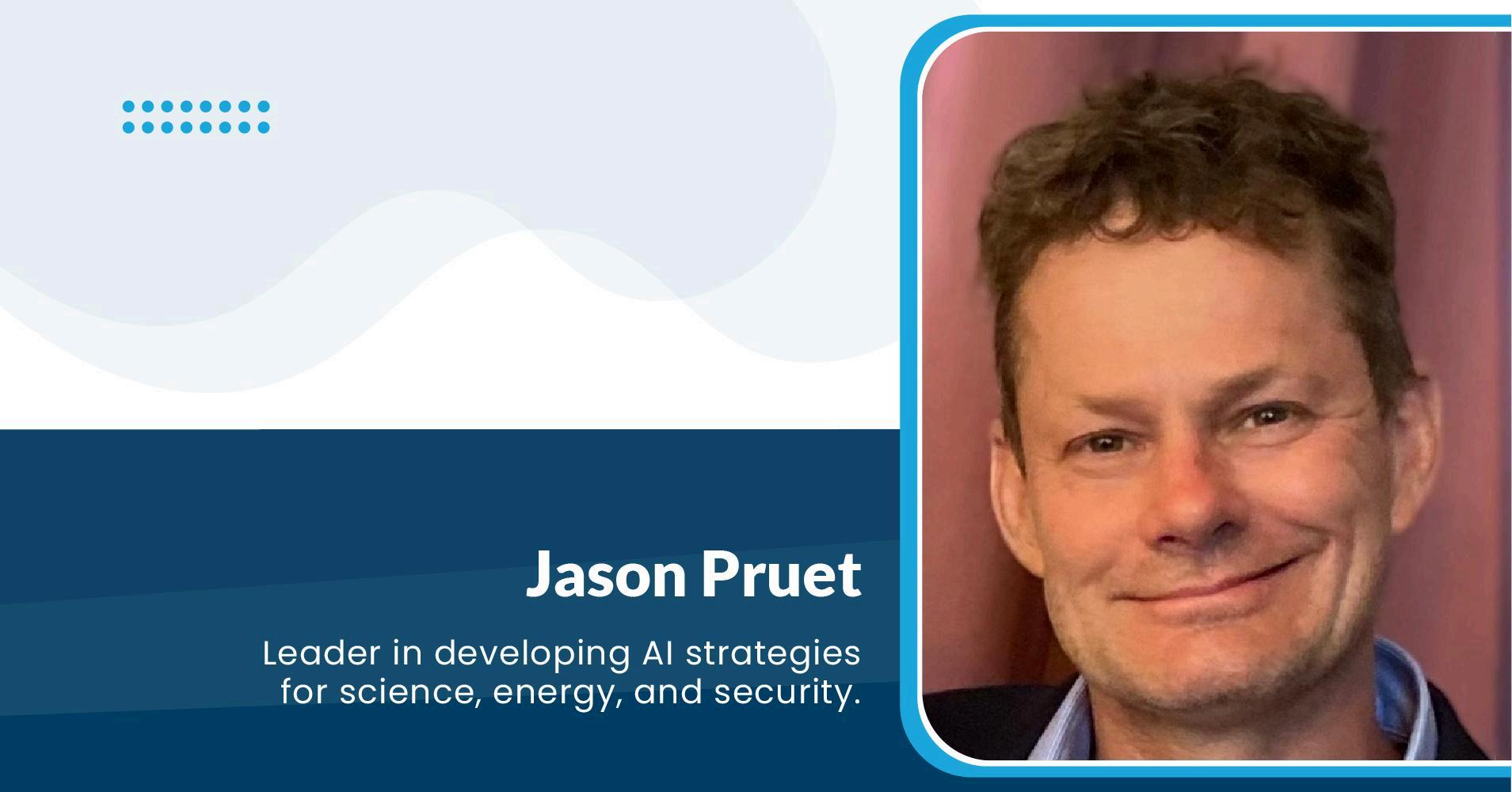Leading the Next Wave: Rethinking Scientific Leadership in the Age of AI by Jason Pruet

As artificial intelligence evolves from experimental models to deeply integrated systems shaping global industries, the nature of scientific leadership is being redefined The next era of AI will not be built solely by technical expertise it will require visionaries who can unite technology, ethics, and human purpose This shift calls for leaders who can navigate complexity, encourage open collaboration, and balance innovation with responsibility, as defined by Jason Pruet.
Traditional scientific leadership often revolved around specialization experts mastering their niche to drive progress within defined boundaries. But AI thrives on convergence. It merges disciplines such as computer science, neuroscience, linguistics, and philosophy, demanding leaders who can bridge fields rather than dominate them The next generation of scientific leaders must think in networks, not hierarchies. They will need to foster cultures where creativity emerges from interdisciplinary dialogue and where curiosity outpaces competition
Moreover, the pace of AI development is unprecedented. Breakthroughs now occur in months rather than years, making adaptability and humility as vital as intelligence Scientific leaders in AI must be comfortable with uncertainty able to pivot strategies as new data reshapes assumptions They must encourage experimentation, accept failure as a teacher, and recognize that the most transformative discoveries often come from unexpected directions
Ethics will also define leadership in the AI age. As AI increasingly influences decisions on health, governance, and human rights, the moral dimension of scientific work cannot be an afterthought. Leaders will need to combine technological understanding with ethical literacy, ensuring that innovation serves humanity rather than undermines it. They must advocate for transparency, fairness, and inclusivity, guiding research that respects diverse perspectives and societal impact.
Equally important is the ability to inspire trust The public’s confidence in science and AI depends on openness and accountability. Effective leaders will act as translators communicating complex ideas clearly and honestly to policymakers, businesses, and the public They must foster dialogue, not dictate outcomes, helping societies understand both the promise and peril of intelligent systems.
Ultimately, the next era of AI is not just a technological revolution but a human one. It will test our capacity for collaboration, empathy, and foresight The leaders who succeed will not be those who know the most about machines, but those who best understand what it means to be human in an age of machines. Authentic scientific leadership in AI will be measured not by what we can build, but by how wisely we choose to make it
